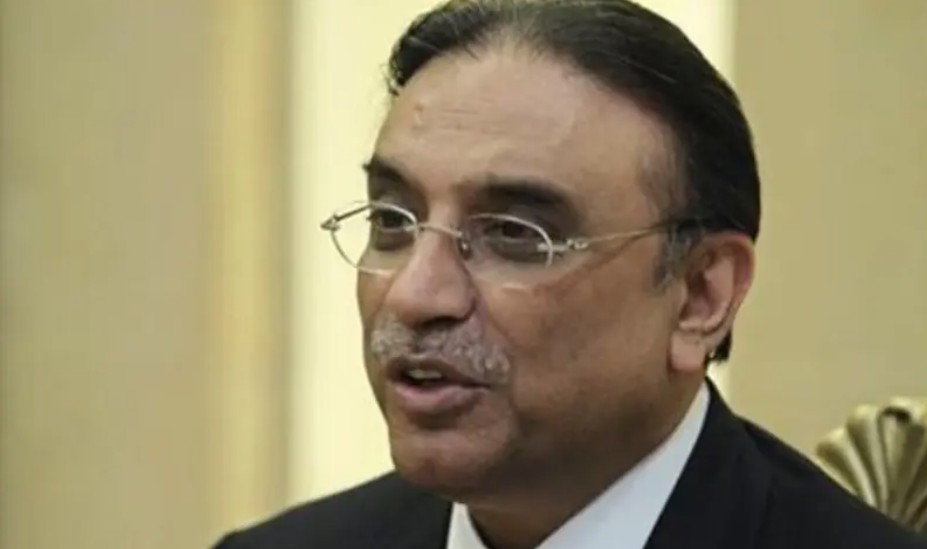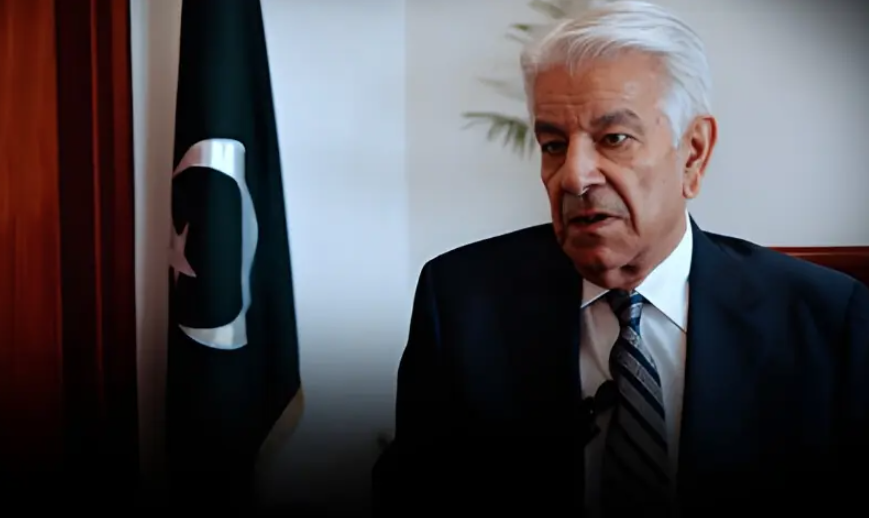POLITICS & POLICY MAKING

President Asif Ali Zardari on Saturday approved three major military amendment bills, including one that formally resets the tenure of Chief of the Army Staff (COAS) Field Marshal Asim Munir following his elevation as Chief of the Defence Forces (CDF) under the newly enacted 27th Constitutional Amendment.
The president gave his assent to the Pakistan Army (Amendment) Bill 2025, Pakistan Air Force (Amendment) Bill 2025, and Pakistan Navy (Amendment) Bill 2025. The Pakistan Peoples Party (PPP) shared official notifications on X confirming the amendments’ approval.
With the presidential assent, the bills have now become part of the Constitution—marking a major transformation in Pakistan’s defence leadership structure.
Tenure of CDF to Begin from Notification Date
According to Law Minister Azam Nazeer Tarar’s briefing in the National Assembly earlier this week, the tenure of the CDF will now be counted from the date on which the notification of appointment is issued. This change effectively resets the five-year term of Field Marshal Asim Munir.
All three bills, passed in Parliament earlier this week without debate, are directly tied to the 27th Amendment, which has sparked intense public and political debate.
Major Structural Changes in the Armed Forces
Under the latest amendments:
- The title “Chief of the Army Staff” is replaced with “Chief of the Defence Forces” (CDF), in line with the 27th Amendment.
- The role of the Chairman Joint Chiefs of Staff Committee (CJCSC) is abolished and substituted with the “Commander of the National Strategic Command”.
Significant alterations were also made to Section 8A of the Pakistan Army Act 1952. It now specifies that for the first concurrent appointment of COAS as CDF, the tenure will begin from the notification date rather than the date of assumption of office.
Expanded Powers Over Key Military Appointments
A new legal provision grants the prime minister authority—on the CDF’s recommendation—to appoint the Commander of the National Strategic Command from among the Army’s serving generals for a three-year tenure.
The PM may also reappoint or extend the commander’s tenure for up to three additional years, and such decisions “shall not be called into question before any court on any ground whatsoever,” effectively placing these appointments beyond judicial review.
Furthermore, the federal government can authorise the Vice Chief or Deputy Chief of the Army Staff to exercise powers on behalf of the COAS/CDF, formalising internal delegation mechanisms within the Army.
Changes Across Air Force and Navy Laws
The Pakistan Air Force and Pakistan Navy Acts were also amended to remove references to the abolished CJCSC post, aligning all services with the restructured defence command model.
Part of a Wider Controversy Rooted in the 27th Amendment
These legislative changes are part of the broader reforms introduced by the 27th Constitutional Amendment—an amendment heavily criticised by the opposition and by global legal bodies for allegedly undermining institutional balance and centralising military authority.
The reforms arrive amid a politically charged environment, coinciding with judicial resignations and widespread public debate over their long-term impact on Pakistan’s constitutional and military order.




